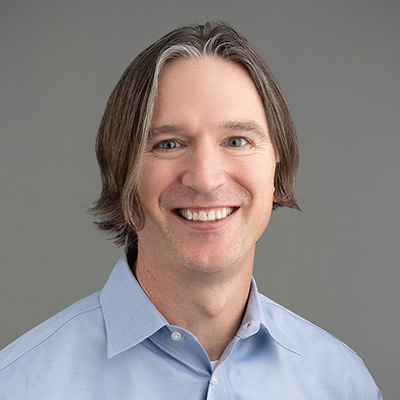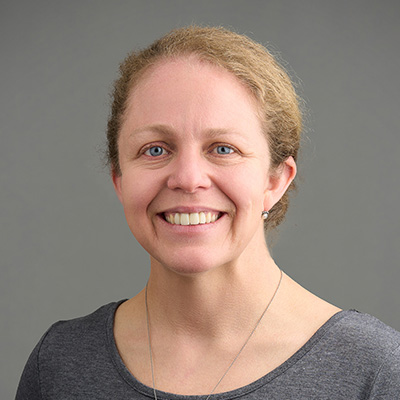Program Mission Statement:
The University of Wisconsin-Madison Radiation Oncology Residency Program’s mission is to attract and train residents with humanistic, academic, and scholarly skills. In doing so, our mission is to prepare our trainees for their next position as outstanding radiation oncologists in their chosen academic or private sector setting.
Program Aims:
- Train and prepare our residents to function as radiation oncologists.
- Provide our residents with the opportunity for and guide their participation in cancer research.
- Improve educator skills in effective and timely evaluation and feedback, and creation of appropriate learning environments.
- Create a collegial training environment that enhances the residents’ ability to grow in the core competencies through clinical, didactic, and mentored experiences.
- Continue to maintain high well-being results.
Our residents will:
- Care for and learn from a diverse group of patients from urban, rural, served and underserved settings
- Be a patient-centered provider demonstrated by highly satisfied patients and families
- Be a high-level professional demonstrated by altruism, accountability, fairness and treating everyone with kindness, respect and dignity
- Demonstrate compassion for patients, families and coworkers
- Achieve excellence in patient care and based on their interest, in any of the following areas: research, education and administration
- Have experiences and develop skills in quality improvement, humanism, communication, teamwork, critical reading, leadership, career development and personal and professional life integration
We accomplish these aims by providing residents with comprehensive education in Radiation Oncology and the field of Oncology as a whole. We emphasize graded, progressive responsibility to match learners’ needs and delegate to each individual responsibilities with appropriate challenge. In addition to ensuring that the best cognitive and technical skills are achieved, we feel that our responsibility is to mentor trainees in interpersonal areas such as professionalism, leadership, the integration between career and personal life, and professional and personal integrity. Our core values of caring and compassion, professionalism, patient-centeredness, and scholarship are departmentally-based and govern all aspects of Department of Human Oncology/Radiation Oncology activities.
Residents have many opportunities to learn and practice patient communication and shared decisionmaking and to apply evidence-based knowledge to achieve the best likelihood of their patients’ desired outcome. Residents are given guidance and advice to develop their careers, achieve scholarship and complete the prerequisites necessary for the next steps of their careers. Our residents learn how to problem-solve and begin the process of self-directed lifelong learning. They are taught to assess patient outcomes in order to improve future decision-making and guide practice management. Our residents, faculty, graduates and program are continuously evaluated to ensure success in achieving these aims.
We provide a comprehensive 4-year curriculum to enable residents to learn the necessary aspects of radiation oncology clinical, radiation biology, and radiation physics. This enables or residents to develop into excellent, independent practitioners who will be local and national leaders, whether in private practice or an academic setting.
This is an accordion element with a series of buttons that open and close related content panels.
Welcome
Program Structure
About the Department
Current and Former Residents
Application Process and Resources
Contact Us
Community Outreach

Micheal Bassetti, MD
Director of Radiation Oncology Residency Program

Jessica Schuster, MD
Associate Program Director
Created Oct. 2015, revised by Radiation Oncology Program Evaluation Committee, July 15, 2021. PD: Kristin Bradley, MD
